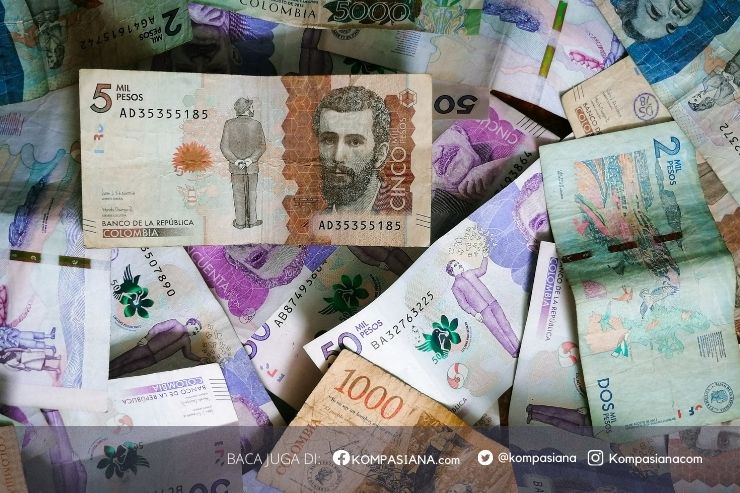Talking about economics is never enough, especially when discussing the economics system. Economic systems is a systematic inquiry into the nature of historical economic system, their relationships with their peripheral areas, the ways in which they and their components have evolved over time, including modes of production, use of resources coordination, functions of the state in the economy, and the institutions of money and property (Gottlieb 1984).
The main economic systems that generally known today's are capitalism economics and socialism economics. Both economic systems are also called conventional economics. Conventional economics aims to build a social life structure but just focuses on material aspects.
Beside the two mainstreams of conventional economics, there is an economic system that aims to build society life and able to accommodate human needs in the world and the hereafter (Falah), named Islamic economics. Both conventional and Islamic economics have a different paradigm and almost difficult to reach an agreement, so it bears several differences that should we know.
Before discussing the differences between the conventional economics and Islamic economics, first, we need to know what conventional economics and Islamic economics are. The conventional economics here is a capitalist economy with Adam Smith (1723-1790) as the main character and the socialist economy where Karl Marx (1818-1883) as the main character.
Conventional economics is an economic system that gives full freedom to everyone to carry out economic activities (Lidyana 2016), it does not have an absolute standard and can change according to a condition in a society. Meanwhile, the Islamic economic system is an economic system that is extracted from the values contained in the Qur'an and Sunnah, that focuses on brotherhood and strength (Machmud 2017).
From the definitions, we know that conventional economic system have no guidance in carrying out economic activities so it has its own rules that can be used as a guide, while Islamic economic system has Al-Qur'an and As-Sunnah (the authentic traditions of Muhammad, the Prophet of Islam) as a guide.
In addition to the differences contained in their respective guidelines, conventional economics and Islamic economics have some other differences. The main difference is on the economic fundamental issues.
According to the conventional economic system, the real economic problem is the lack of existing resources. Lack of the resources is often called 'scarcity.' This is because every human being has diverse and unlimited needs while the resources (goods and services) used to fulfill human needs are limited (Sukirno 2002).
On the other hand, Islamic economics mention the limited is in human needs, while its resources are not limited or already measured in accordance with what has been given by Allah SWT. Scarcity in Islamic economics is actually only a relative scarcity, it is a scarcity of resources occurring in short stalls or in certain areas only.
Relative scarcity occurs due to insufficient distribution of resources, human limitations, and conflicts between objectives (P3EI 2015). Thus, conventional economics has unlimited human wants and the desire for opulence, while Islamic economics preaches the need for humans to suppressing their wants, avoiding luxury life, and sharing (a moral activity that brings its own rewards and happiness).
Other difference between conventional and Islamic economics lies in the methodology issues. Conventional economics emphasize positive methodology, which means all the economics problem or activities are based on reality.








